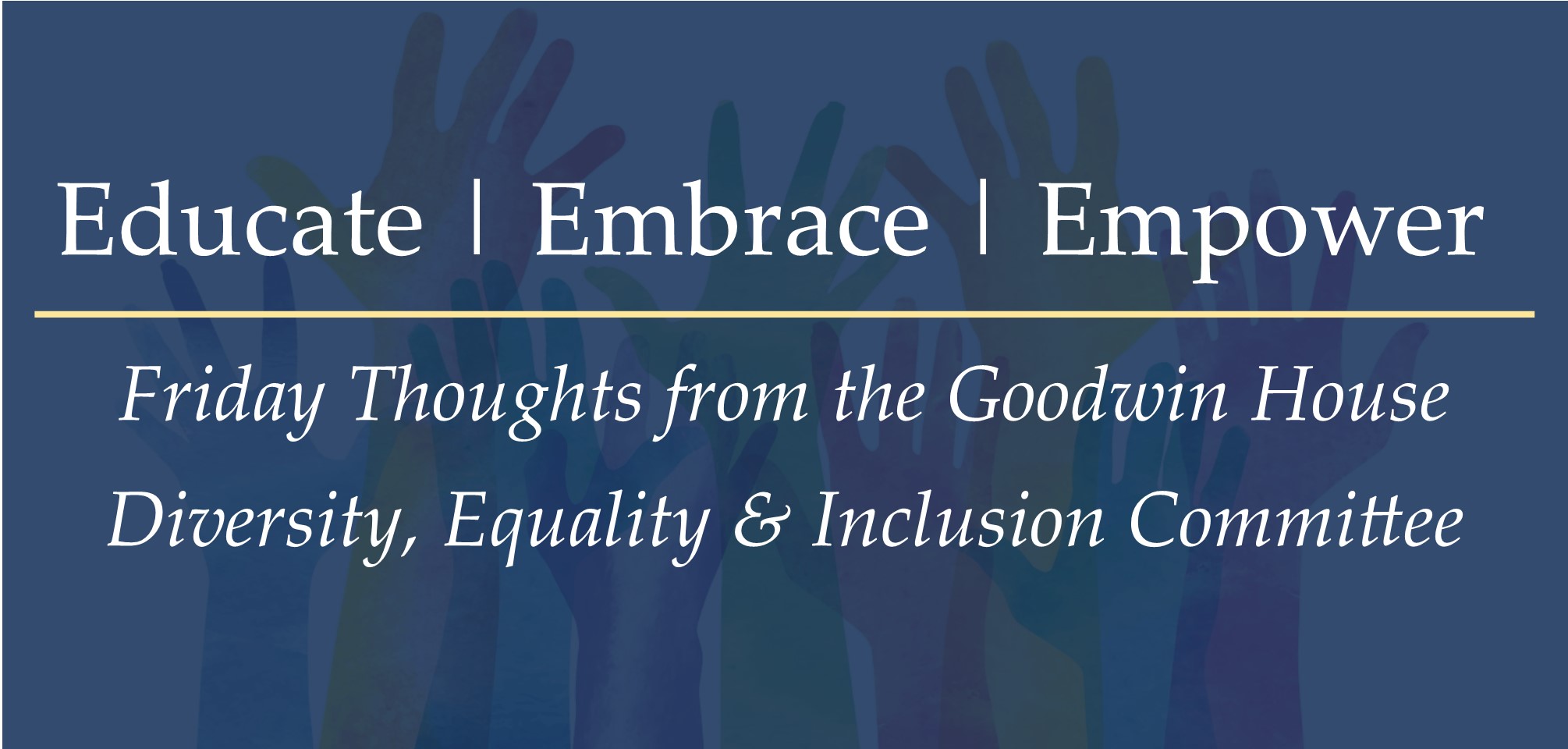
Diversity Equity Inclusion & Belonging - April 19, 2021
by Saidu Kabba
A note for our readers: Where you see a number after a word, please see the list of terms provided in the glossary at the end of this article.
The month of Ramadan1 is that in which the Qur’ān11 was revealed as guidance for humanity with clear proofs of the guidance and the criterion (of right and wrong). And whosoever of you is present, let him fast the month, and whosoever of you is sick or on a journey, a number of other days. Allah6 desires for you ease; He desires not hardship for you; and that you should complete the period, and that you should magnify Allah for having guided you, and that perhaps you may be thankful. (translation Qur’ān 2:185).
Ramadan is intended to increase self-control in all areas, including food, sleep, sex and the use of time. Muslims fast as an act of worship, a chance to get closer to Allah and a way to become more compassionate to those in need.
Fasting is one of the five pillars of Islam along with the daily prayers, the Shahada2, charity and performing the Hajj3 pilgrimage in Mecca4, Saudi Arabia. Although Muslims fast during other times of the year, Ramadan is the only time when fasting, or sawm5, is obligatory during the entire month for every able Muslim – a verse in the Qur’ān prescribes fasting for all Muslims who are mature and healthy enough to do so for the full month of Ramadan.
Whether or not to fast is a personal decision. It is permissible in Islam for those with a health condition such as diabetes not to fast. However, Ramadan fasting has great spiritual significance for Muslims, and many with such conditions do choose to fast anyway.
During the month of Ramadan, Muslims won’t eat or drink between dawn and sunset. It is recommended that before sunrise, Muslims eat a pre-fast meal known as suhur7. This meal often resembles breakfast, but in some cultures it may include more dinner-like foods. At the end of every fasting day, Muslims gather together to perform Maghrib8 salah9 and break their fast with Iftar10.
Fasting can teach us to be disciplined, patient and compassionate towards the less fortunate by experiencing hunger first-hand. Through the experience, adherents learn how to be good Muslims. The rewards are therefore great.
Muslims believe that in 610 CE (Common Era), the Angel Gibreel12 (or Jibrīl) appeared to Prophet Muhammad13 (Peace be upon him) and revealed to him the Qur’ān. That revelation, Laylat al-Qadar14, or the “Night of Power,” is believed to have occurred during Ramadan. Laylat al-Qadr is considered the holiest night of the year in Islam. It is generally believed to have occurred on an odd-numbered night during the last ten days of Ramadan. Of the odd nights, the 27th night of Ramadan is considered most likely, according to many Muslim scholars. Therefore, Muslims also fast during the month of Ramadan as a way to commemorate the revelation of the Qur’ān.
The Islamic holy month of Ramadan is a time for Muslims all over the world to renew their focus on spiritual life and its practical applications in daily life. I grew up as a Muslim in Freetown, Sierra Leone, where the month of Ramadan was very special. It was special because Sierra Leone is perhaps the most religiously tolerant country in the world; our Christian brothers and sisters understood the importance of Ramadan and gave their unflinching support during the holy month.
Eid al-Fitr15, marks the end of Ramadan and is celebrated during the first three days of Shawwal16, the 10th month of the Islamic calendar (though the Muslim use of a lunar calendar means that it may fall in any season of the year).
While wishing a coworker “Happy Ramadan” isn’t offensive or inaccurate, most Muslims use the Arabic translation “Ramadan Mubarak” to greet each other. You can also say “Ramadan Kareem,” which means “have a generous Ramadan.”
I want to take this opportunity to wish all my Goodwin Living Muslim brothers and sisters “Ramadan Mubarak.”
___________________________
About the Diversity, Equality and Inclusion (DEI) Committee: We are a group of staff and residents who together serve a mission to educate, embrace and empower a workplace of diversity, equality and inclusion. Our vision is to seek open and honest communication and collaboration that will inform and celebrate the cultural, ethnic and sexual orientation of all members of our staff without bias.
Questions or comments? Please contact us dei@goodwinliving.org.
